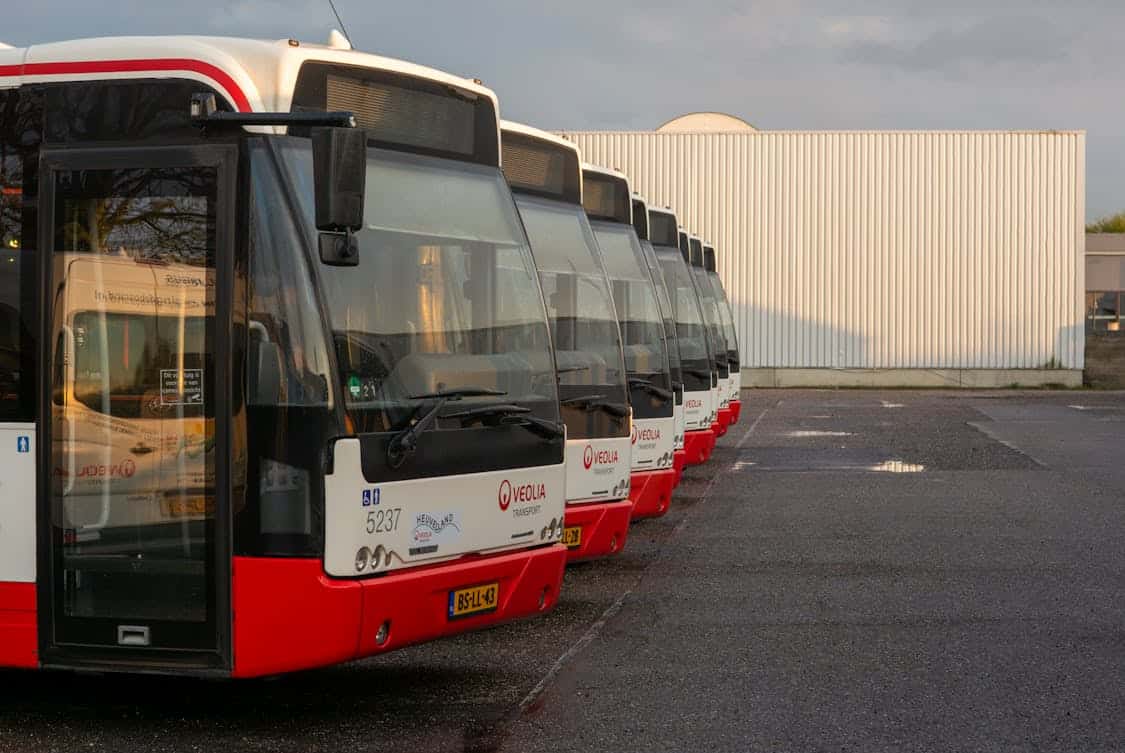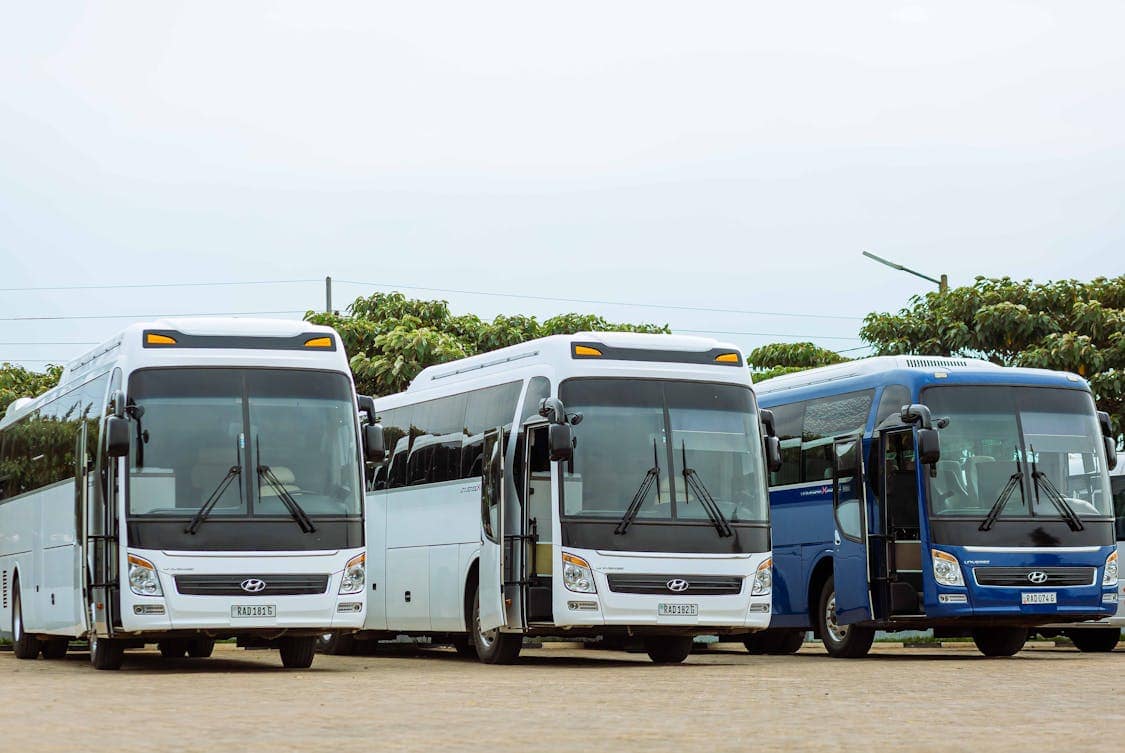5 Bus Rental Tips Every Traveler Should Know Before Booking

Booking group transport can feel like a juggling act, with routes, schedules, and price tags all vying for attention. A few careful questions up front will save time and spare a headache later, and a bit of savvy can turn a risky guess into a steady plan.
If you’re organizing a large event or tour, booking with a charter bus salt lake city provider can simplify travel logistics and ensure everyone arrives on time.
Think of the process as piecing together a map that leads to a smooth day of travel rather than a string of surprises. With sensible checks and a relaxed attitude, the whole outing is more likely to go off without a hitch.
1. Understand Pricing And Fees
Start by asking for a clear breakdown of what the quoted price covers and what sits outside that number. Some quotes look neat on paper but hide charges for mileage beyond a set limit, fuel surcharges, or extra time if your group runs late.
Ask how overtime is calculated and whether the rate changes for nights or weekend hours, and see if there is a fatigue fee for extended trips that push the driver past a strict schedule. A firm price in writing gives you leverage and prevents an ugly dispute at the end of a long day on the road.
Next, check whether taxes, tolls, and parking are included or billed afterward as separate line items. Smaller operators sometimes list a low base rate and tack on these items later, which can surprise a budget planner who thought the math was finished.
If you will be moving through busy urban centers or crossing bridges with tolls, get a realistic estimate for those costs so the total is visible before you sign. A little upfront clarity keeps everyone calm and on the same page during payment time.
2. Choose The Right Bus Size And Layout

Think about how comfortably your group will sit, where luggage will go, and whether extra space is needed for mobility aids or gear. A bus that looks roomy on a website might be cramped when filled with people and suitcases, so confirm seat counts, aisle width, and storage capacity on the model you will actually get.
If your trip mixes local stops with a long highway haul, consider seats that recline or offer extra leg room to ease the journey. Small choices like seat spacing can make the difference between arriving refreshed and feeling like you endured a marathon.
Also ask about interior features that affect comfort and convenience such as climate control, restroom access, and power outlets for phones and tablets. If children are part of the party, windows that open slightly or adjustable shades can help manage restlessness.
For groups with a plan to use onboard audio for announcements or entertainment, find out whether the system is simple to operate or needs the driver to manage it. These small details add up and shape whether the hours on the road pass enjoyably or drag on.
3. Check Insurance And Safety Protocols
Request proof of liability insurance and find out who is covered when passengers board and when they step off the bus. Operators should be able to present clear documentation showing current coverage limits and a policy number you can verify if you wish.
Inquire about routine maintenance schedules and inspection records so you have confidence the vehicle is serviced on time and meets local safety standards. When drivers have a track record of regular checks and transparent paperwork, the odds shift toward a safe, uneventful trip.
Ask about driver training practices and background checks to understand how the company vets the people at the wheel. Professional drivers with experience on similar routes will navigate traffic and weather with fewer surprises, and they often know local shortcuts or staging areas that help save time.
Find out which safety features the bus includes such as seat belts, emergency exits, and fire suppression equipment, and whether the operator performs brief safety talks or demonstrates emergency procedures. A calm briefing at the start of the trip keeps passengers informed and helps everyone act quickly if something out of the ordinary happens.
4. Review Cancellation And Change Policies
Life is full of last minute twists and a clear policy on cancellations will reduce stress when plans shift. Ask how far in advance you must cancel to reclaim your deposit and what charges apply for shorter notice, and try to get these terms written into the contract.
Some companies offer a window to adjust the reservation without fees while others enforce strict timelines that can cost a tidy sum if your group’s plans pivot. Make sure you know what happens if the trip shortens or extends unexpectedly so bills at the end match expectations.
Find out how schedule changes are handled if the pick up time moves or the drop off needs to shift by an hour or two. Freighted plans with multiple pickup points can be sensitive to delays, and a flexible operator will work with you to tweak stops without steep penalties.
Confirm whether there is a grace period at each pickup location and if waiting time is billed in increments that favor customers or the carrier. Clear rules on modifications keep all parties calm and avoid a tug of war over final invoices.
5. Vet The Company And Driver Reputation
Spend a few minutes reading reviews and asking for references to get a sense of how the operator performs under real world pressure. Past clients often reveal patterns about punctuality, vehicle cleanliness, and how complaints are handled when things go off script.
Look for recent feedback that mentions similar routes or group sizes to see how the company handles the kind of trip you plan to take. A string of consistent compliments about reliability beats a single glowing remark every time.
Talk directly with the driver assigned to your run if that option is offered, or at least meet the dispatcher who will coordinate the trip. A quick conversation can reveal whether the staff is responsive, practical, and able to offer sensible options if weather or traffic interfere with the plan.
If communication feels friendly and clear, problems that crop up on the road are easier to manage because expectations are set ahead of time. A solid rapport with the person who will actually be driving creates a level of trust that comforts organizers and passengers alike.